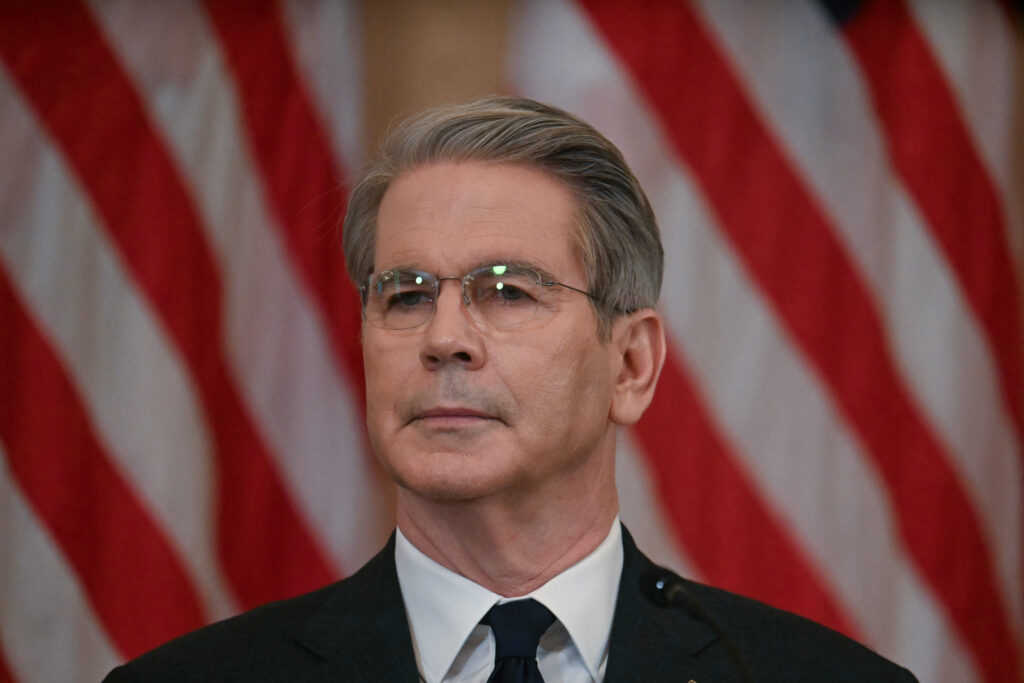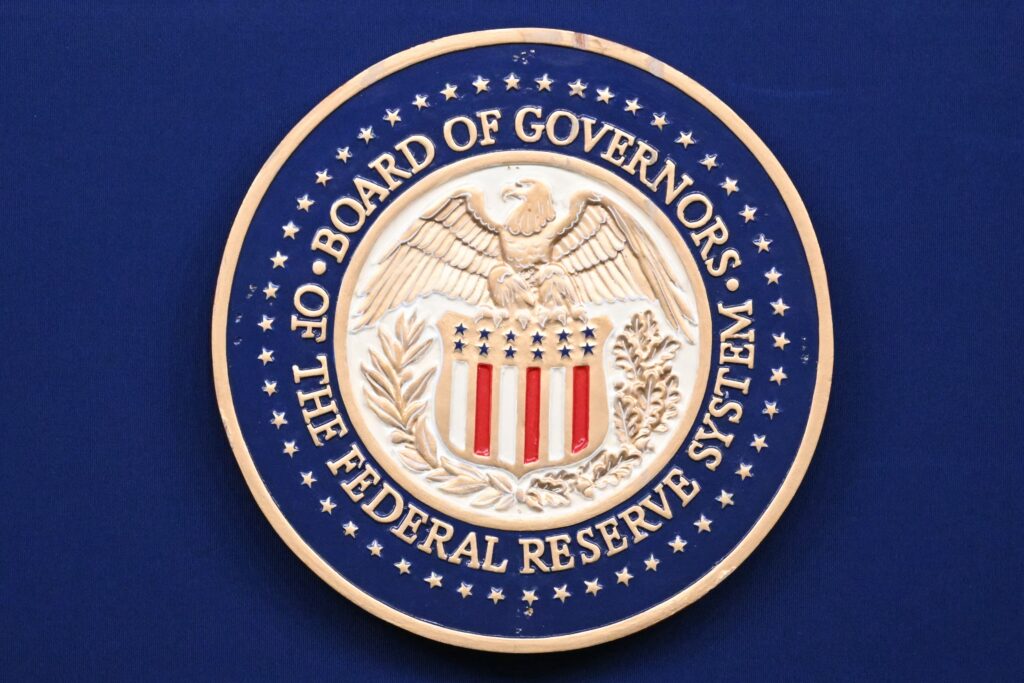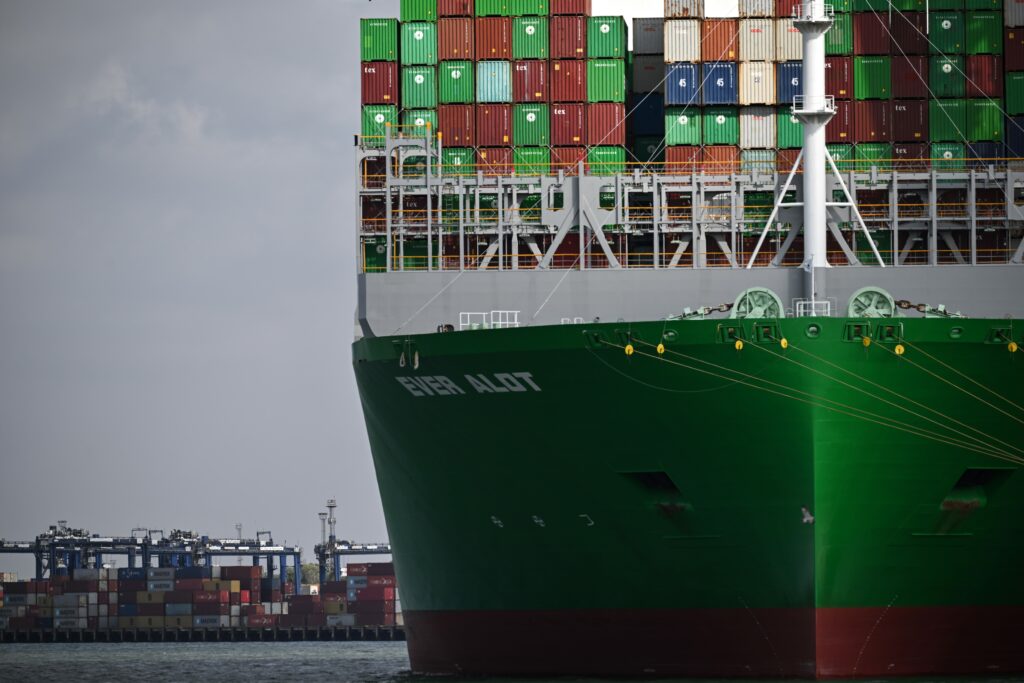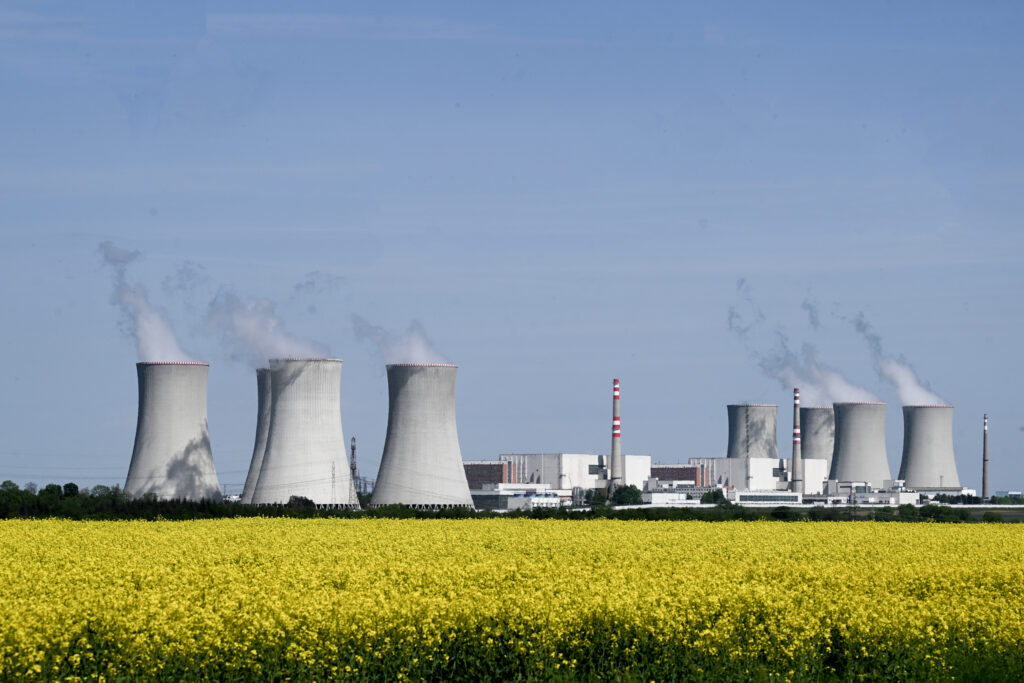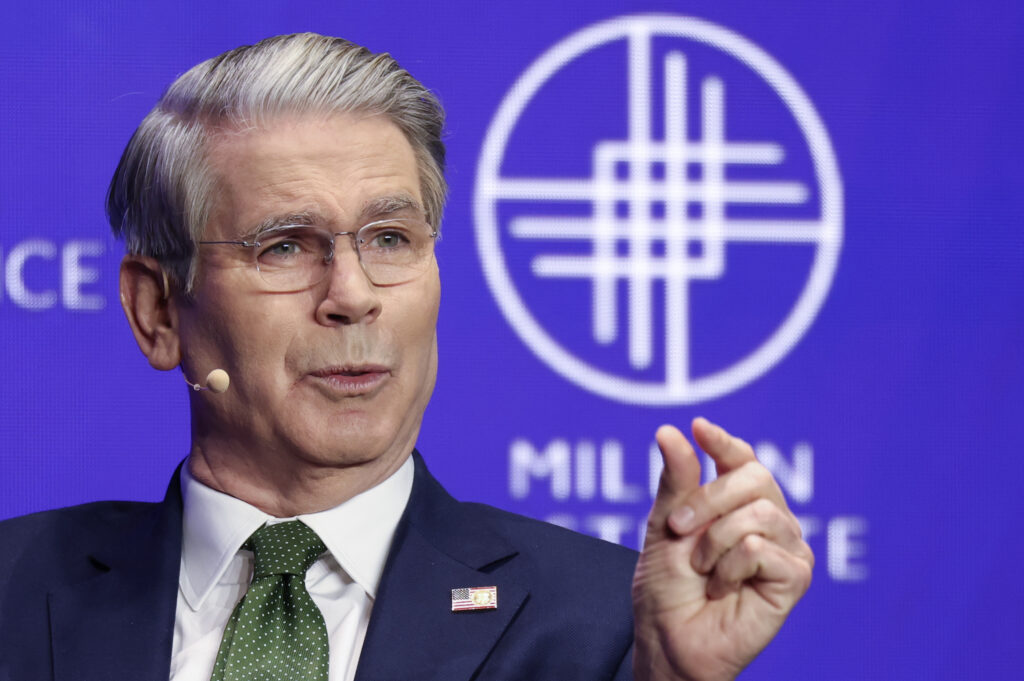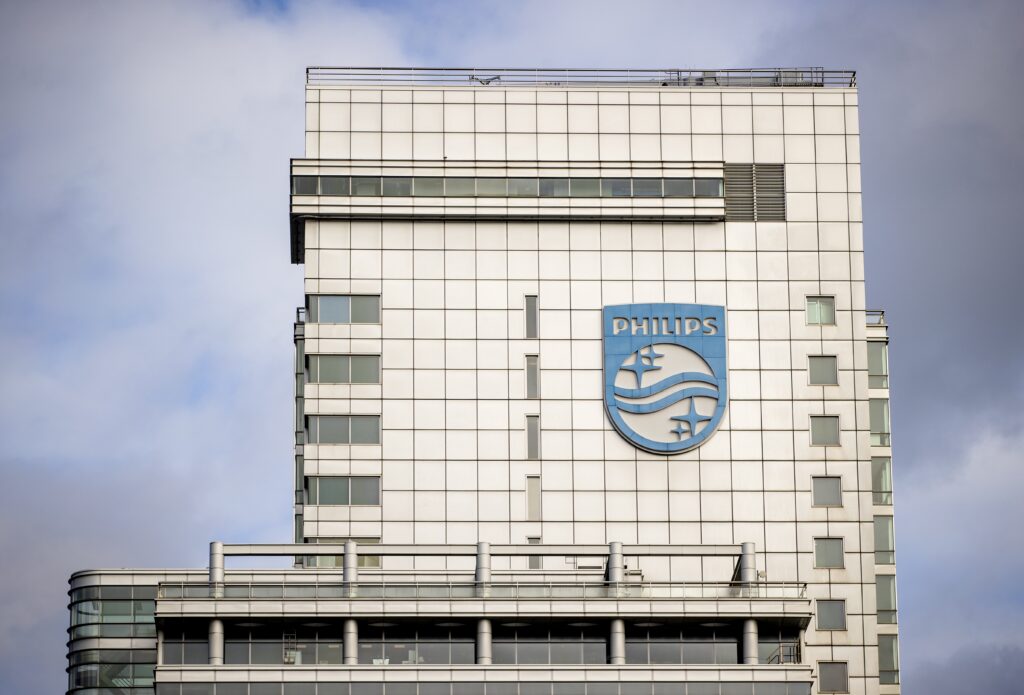Hollywood reacted with skepticism on Monday to US President Donald Trump’s announcement of 100 percent tariffs on foreign films, with movie insiders calling it a policy made up on the fly by a president who fails to understand how the industry works.”It makes no sense,” entertainment lawyer Jonathan Handel said of Trump’s idea.Handel told AFP that many US productions, from James Bond flicks to the “Mission Impossible” franchise, are filmed abroad for obvious creative reasons.”If the stunt is Tom Cruise climbing up the Eiffel Tower, what are we supposed to do, shoot at the replica Eiffel Tower in Las Vegas?” Handel said. “I mean, it’s just nonsensical.”Writing on his platform Truth Social platform on Sunday, Trump said: “I am authorizing the Department of Commerce, and the United States Trade Representative, to immediately begin the process of instituting a 100% Tariff on any and all Movies coming into our Country that are produced in Foreign Lands.””WE WANT MOVIES MADE IN AMERICA, AGAIN!” he wrote.His words plunged the movie industry into uncertainty as entertainment companies saw their stock prices fall, unions struggled to understand if the bombshell also applies to TV series and everyone wondered if the policy could even be enforced.Handel said movies involve intellectual property.”You can buy a movie ticket, but you don’t buy a movie the way you buy a piece of clothing or an automobile,” which can be taxed as they cross a border into the United States, he said.Even if a system could be devised to impose tariffs on movies filmed outside the United States, such levies would do more harm than good to the US industry, Handel said.”The result of that would be to reduce production, to increase the cost of movies, to reduce the number of movies available for movie theaters and streamers to show, which would damage the distribution side of the business,” he said.California Governor Gavin Newsom called on Monday for a partnership with the Trump administration to “Make America Film Again”.”We’ve proven what strong state incentives can do. Now it’s time for a real federal partnership to Make America Film Again,” he wrote on social media platform X.- ‘Confusion’ -Unions for actors and other media and entertainment workers said they awaited more details of Trump’s plan but supported the goal of increasing production of movies, TV and streaming in the United States. “We will continue to advocate for policies that strengthen our competitive position, accelerate economic growth and create good middle-class jobs for American workers,” said one such guild, SAG-AFTRA.Many movie studios and other industry organizations had yet to officially react by Monday but Trump’s announcement triggered crisis meetings, Hollywood news outlets reported, publishing skeptical comments from insiders speaking on condition of anonymity.”I can’t see his target here other than confusion and distraction,” the showbiz news outlet Deadline quoted a top distribution executive as saying.”Let’s hope this only encourages desperately needed increases in US state tax incentives being implemented ASAP,” the person said.Such incentives offered by other countries — such as Britain, Canada and Ireland, among others — are a lure for US movie studios to film outside the country.Australia, which for years used generous tax breaks and other cash incentives to lure foreign filmmakers, said it still wants to make “great films” with the United States.With Trump’s tariffs threatening the home of Hollywood hits including “The Matrix”, “Elvis” and “Crocodile Dundee”, Australian Foreign Minister Penny Wong said on Tuesday that “collaboration is a good thing.”While Trump’s idea is divisive, there is widespread agreement that the US movie industry is in dire straits.Hollywood has struggled to get back on its feet since the historic strikes by actors and writers that shut it down in 2023.The number of filming days in Los Angeles hit a record low in 2024, excluding the total shutdown in 2020 because of the Covid pandemic.This is in part because many movies are now filmed in a growing number of countries that offer incentives such as tax rebates.Deadline quoted a Hollywood movie financier as saying he agreed with Trump’s goal of having more movies filmed in the United States.”But obviously the need is for rebates, not tariffs. Tariffs will just choke the remaining life out of the business,” they were quoted as saying.As Hollywood fretted over Trump’s announcement, the White House said no decision on foreign film tariffs has been made. “The Administration is exploring all options to deliver on President Trump’s directive to safeguard our country’s national and economic security while Making Hollywood Great Again,” the White House said in a statement.Trump told reporters Monday: “I’m not looking to hurt the industry. I want to help the industry. But they’re given financing by other countries.”That seemingly conciliatory remark stopped short of walking back the film tariff announcement, as Trump criticized Newsom, who is pushing for his state to double the tax credits it grants to the movie industry.”Our film industry has been decimated by other countries taking them out, and also by incompetence,” Trump said of Newsom.”He’s just allowed it to be taken away from, you know, Hollywood.”
